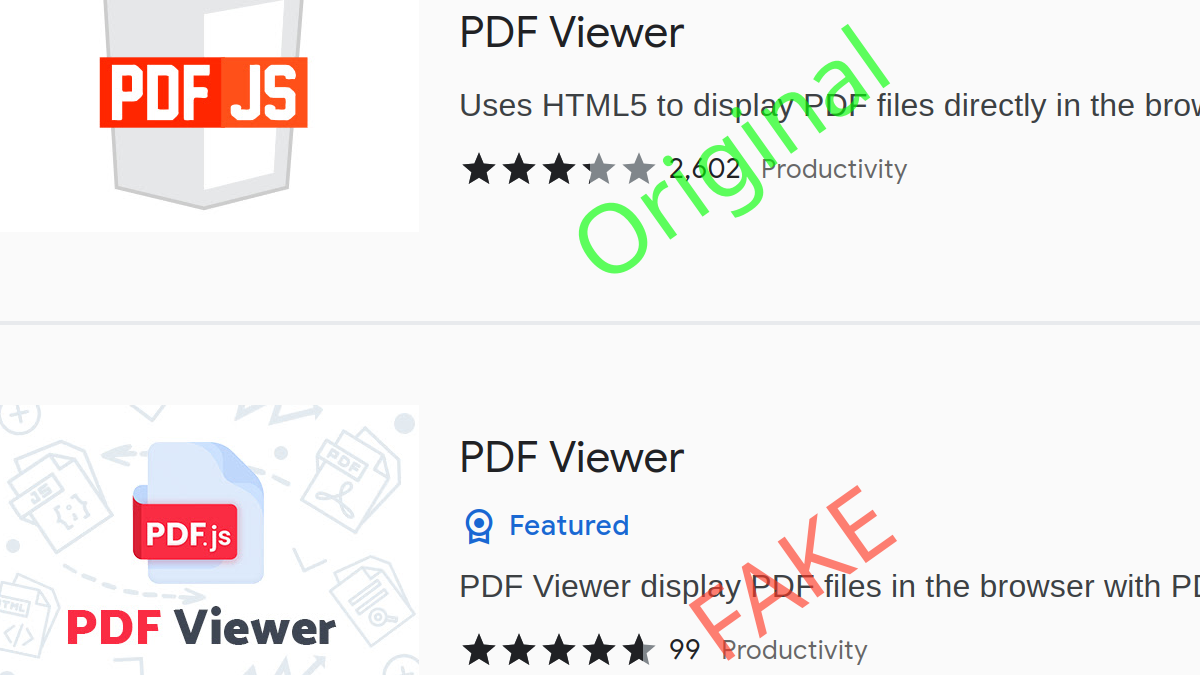Gandalf_The_Grey
Level 85
Thread author
Verified
Honorary Member
Top Poster
Content Creator
Well-known
Forum Veteran
We’ve already seen Chrome extensions containing obfuscated malicious code. We’ve also seen PCVARK’s malicious ad blockers. When looking for more PCVARK extensions, I stumbled upon an inconspicuous extension called “Translator - Select to Translate.” The only unusual thing about it were its reviews, lots of raving positive reviews mixed with usability complains. That, and the permissions: why does a translator extension need webRequest and webRequestBlocking permissions?
When I looked into this extension, I immediately discovered a strange code block. Supposedly, it was buggy locale processing. In reality, it turned out to be an obfuscated malicious logic meant to perform affiliate fraud.
That extension wasn’t alone. I kept finding similar extensions until I had a list of 109 extensions, installed by more than 62 million users in total. While most of these extensions didn’t seem to contain malicious code (yet?), almost all of them requested excessive privileges under false pretenses. The names are often confusingly similar to established products. All of these extensions are clearly meant for dubious monetization.
If you aren’t interested in the technical details, you should probably go straight to the list of affected extensions.

Another cluster of potentially malicious Chrome extensions
I discovered a cluster of at least 109 extensions in Chrome Web Store. A few are committing affiliate fraud or spying, most are simply hoarding overly wide privileges before abusing them.
